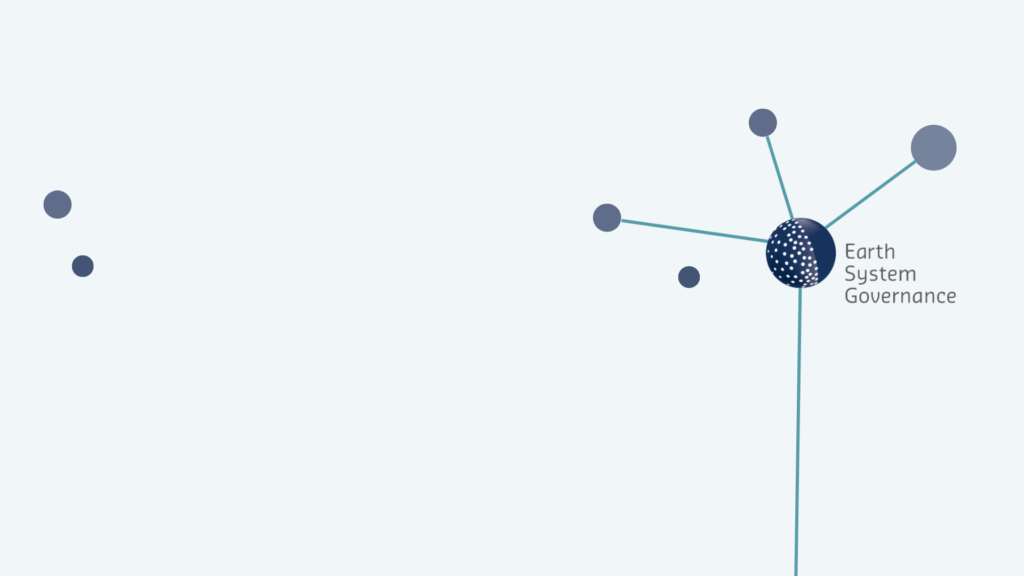The climate crisis is fraught with unequal power dynamics. SEI’s Associate Scientist Zoha Shawoo, provides insights into how dominant research practices can often reproduce these power relations. In this blog, Shawoo describes five ways that individual researchers can aim to shift those power dynamics and adopt a decolonial approach to research.
The global climate crisis is fraught by unequal power dynamics. Despite contributing the least to climate change, the brunt of climate impacts is likely to be borne by the poorest and most marginalised communities around the world – particularly former colonised peoples, Indigenous Peoples and communities in the Global South.
These climate impacts are linked to centuries of colonial exploitation, which provided the wealth and resources that underpinned industrialization and the resultant rise in carbon emissions.
This history also reinforces unequal power dynamics in other ways – in the knowledge systems that examine the environment and climate change. Northern researchers and institutions currently dominate knowledge production, academic publications and framings of climate research. This brings into question the extent to which research actually benefits communities most affected by the climate crisis.
In a recent publication by the Stockholm Environment Institute, my colleagues and I draw on the longstanding literature on decolonialism to provide insights into this issue. Here, I draw on this work to highlight five practical ways that individual researchers can challenge existing practices, and can aim to shift rather than reinforce unequal power relations that disadvantage marginalized communities and the Global South.
- Critically assess funding structures and requirements
Unequal power dynamics must be addressed from the start: when researchers apply for funding. Research often serves the agendas of funding institutions, which may not always be aligned with the priorities of developing countries or local communities.
In the proposal-development and funding-application phases, researchers should critically examine the proposal calls for any eligibility criteria, proposal review procedures, application deadlines, project life cycles, and evaluation schemes which may limit meaningful involvement of partners in the Global South. Research institutes could initiate a discussion on such funding mechanisms, and collectively consider concrete ways for funders to improve their calls. Researchers should also ensure adequate budget allocation to research partners in the countries they’re working in to ensure their meaningful and compensated engagement.
- Ensure early and meaningful engagement with research partners
Researchers should promote inclusion and engagement of research partners as early as possible in the process. This is essential not only for building trust, but also ensuring that research partners can co-shape relevant research questions to ensure better alignment with priorities on the ground.
Importantly, researchers should aim to move away from the typical division of labour that puts Global North members in the lead and uses Global South researchers as collectors of data, instead opting for an equitable design process from the very beginning.
- Adopt co-productive research methodologies
Where appropriate, research arrangements could aim to co-produce knowledge in ways that involve research partners and local communities in shaping the overall design and implementation of a research project. Research should be conducted in a manner that respects local ownerships of knowledge, methods and cultures and aspirations of the communities being engaged.
Researchers could also aim to actively cite Indigenous schools of thought and scholars from the Global South when working with secondary data.
- Consider local power dynamics in research recommendations
Researchers need to ensure that “solutions” recommended to combat the climate crisis acknowledge colonial roots and local contexts and power structures. . For example, framings around “building resilience” to climate impacts have been criticised for preserving the status quo and reinforcing existing colonial political and economic structures, rather than addressing the underlying drivers of vulnerability.
In some contexts, climate solutions, such as new hydropower dams or carbon offsets, threaten to displace Indigenous or local communities. Research-based policy recommendations should thoroughly investigate such potential trade-offs.
- Ensure research findings reach local communities
Researchers should ensure that findings are communicated back to partners and local communities in ways that are actionable and beneficial. This could involve participatory workshops and dialogues as well as publishing key findings in local media that directly reaches communities, such as local newspapers. For academic outputs, researchers could also opt for open-access or regional journals. Research partners should be given the option to co-author outputs, and to be involved in the writing and review process.
In an era in which climate change and inequality are becoming increasingly intertwined, we researchers have a responsibility to ensure that our work does not perpetuate inequalities. Yet research institutions in and of themselves can uphold and embed unequal power dynamics. The wider research community thus must also come together to challenge these structures, and to work towards more long-term institutional change. Changes must take place in the cultures, paradigms and mindsets of researchers and their research institutions.
Zoha Shawoo is an Associate Scientist working on equitable transitions issues at the Stockholm Environment Institute, an international non-profit research and policy organization that tackles environment and development challenges. Her research focuses on climate finance, sustainable development and the relationship between climate change and inequality.




